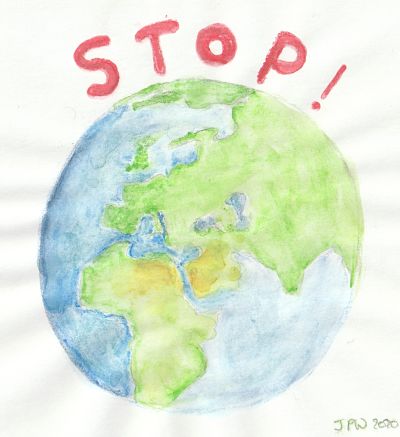 In tumultuous times such as these, we often turn for guidance to the works (books, poems etc) of individuals who experienced the major world events of previous eras. FM Alexander lived through two world wars and it is clear from his writings how much this experience influenced his work. In his second book, first published in 1923 and updated in 1946, he said:
In tumultuous times such as these, we often turn for guidance to the works (books, poems etc) of individuals who experienced the major world events of previous eras. FM Alexander lived through two world wars and it is clear from his writings how much this experience influenced his work. In his second book, first published in 1923 and updated in 1946, he said:
“I venture to predict that before we can unravel the horribly tangled skein of our present existence, we must come to a full stop, and return to conscious, simple living, believing in the unity underlying all things, and acting in a practical way in accordance with the laws and principles involved.” (Constructive Conscious Control of the Individual, Mouritz, p52)
His method, which we now call the Alexander Technique, was developed as a solution to a voice problem that was threatening his career. This practical method enabled him to free himself from his habitual reactions to everyday activities such as speaking that he found lay at the route of his problem. Through practising his method, he not only resolved his voice issues but discovered profound benefits for the whole of his life.
At the heart of the Alexander Technique is the ability to give ourselves more time, so that we are able to make different choices, rather than simply be ruled by our habits. In our busy lives, it can seem like even the concept of giving ourselves more time is ridiculous. However, we can all take time to stop when there is an immediate danger to avoid. Take the example of crossing a busy road. We stop, look and listen before stepping out. This everyday behaviour is seen as common sense – after all, oncoming vehicles present an immediate threat to our life and health. However, few people pay much attention to how they pick things up, reach up for something, or sit on their sofa. Perhaps that is because it’s so much harder to imagine any potential negative consequences, particularly as these are likely to appear later on in life (it’s unusual to experience an immediate negative impact of such acts).
Yet, the cumulative effect of how we’ve lived our lives moment-by-moment up to this point will manifest itself in the state that we now find ourselves in. Our current state directly reflects our life’s experience. So, if we consider our long-term health and functioning, then how we are carrying out all our acts of daily living, is just as important as taking care when an immediate danger is present.
Learning the Alexander Technique enables us to develop greater self-awareness in our daily lives. Being more present and embodied is always a challenge, as many of us tend to ‘live in our heads and in the future’ – we’re always thinking ahead. But through the technique we discover how to become present as a mind-body whole. Because we develop skills in this practical method for change, we find more freedom in choosing how we wish to lead our lives. Paradoxically, by being more present we can better deal with long-term challenges.
Along with all the trauma and tragedy of the Coronavirus pandemic, some good things may also come out of this global experience. In the face of the immediate threat of Coronavirus, governments and populations across the world have shown they can make extraordinary changes that are impacting on almost every aspect of everyday life. Climate change also presents a very real threat to our existence but the danger has mostly not been so immediate and therefore not felt so real. Perhaps we will take stock of ourselves and emerge with the ability to make more positive choices, both for ourselves at the individual level, and for the planet as a whole?